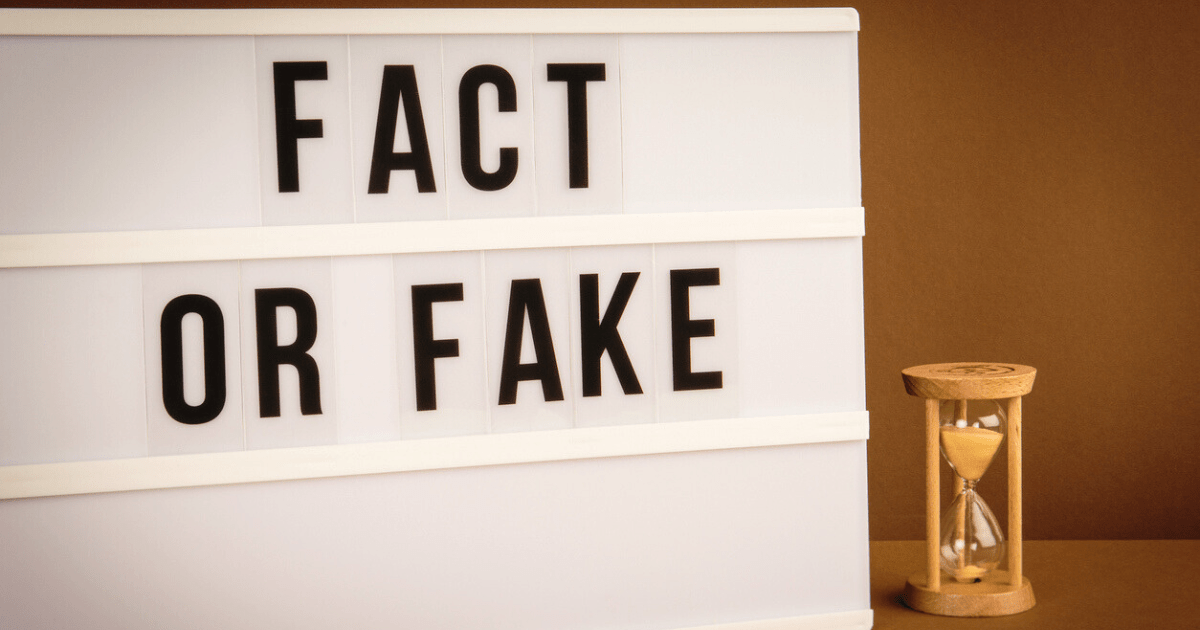
“Pursuing truth is to the mind as food is to the body. Without pursuing truth your psyche starves.”—Dr. Justin Frank, MD
Information in our digital age is readily available and disseminated at an unprecedented rate. How can we know what we read is true? “Disinformation” and “misinformation” are negative social contagions that have become increasingly prevalent. Both significantly impact critical thinking, often blurring the lines between fact and fiction, challenging our abilities to discern truth from falsehood. Understanding the nuances between these concepts is crucial in navigating the vast sea of information that bombards us daily.
Disinformation and misinformation, though related, differ in their intent and dissemination. Both are mind bugs that can compromise the way we think and behave.
Misinformation refers to false or inaccurate information shared without the intent to deceive. It could stem from genuine mistakes, misinterpretations, or accidental sharing of incorrect data. On the other hand, disinformation involves the deliberate creation and dissemination of false information, aiming to mislead, manipulate, or deceive individuals or groups. Whether intentional or not, both can have adverse effects on critical thinking and decision-making.
The impact of these phenomena on critical thinking is profound. They cloud the truth, making it challenging for us to make informed judgments and decisions. Critical thinking involves the skill of analyzing, evaluating, and interpreting information, requiring a foundation of accurate and reliable data. Disinformation and misinformation disrupt this process, undermining the trust in information sources and complicating the ability to distinguish reality from propaganda.
In order to combat these mindbugs, we must hone our critical thinking skills and build immunity to bad ideas:
- Source Evaluation: Scrutinize the sources of information. Assess the credibility, expertise, and motives behind the information presented. Reliable sources often cite their claims and provide evidence to support their statements.
- Cross-Referencing: Verify information by cross-referencing it with multiple reputable sources. Consistency among multiple trustworthy sources increases the likelihood of accuracy.
- Fact-Checking Tools: Leverage fact-checking tools and websites that analyze and debunk false claims. Platforms like Snopes, FactCheck.org, or PolitiFact can aid in verifying the authenticity of information.
- Analyze Biases: Recognize personal biases and the potential biases in information sources. Consider how these biases might influence the presentation of information and strive for a balanced understanding.
- Critical Thinking Skills: Develop critical thinking skills by questioning information, analyzing arguments, and verifying claims. Practice healthy skepticism while being open to reconsidering views based on new, credible information.
- Learn to Discern: Organizations like the Cognitive Immunology Research Collaborative and The Mental Immunity Project offer tools and resources that will help vaccinate against negative informational contagions.
The impact of discerning truth from a sea of misinformation and disinformation profoundly affects our individual and collective well-being. The inundation of false or misleading information can lead to heightened anxiety, confusion, and a lack of trust in societal institutions. This sows division, affects social cohesion, and contributes to polarized viewpoints. Furthermore, exposure to consistent untruthful information can influence decision-making, impacting personal choices, health behaviors, and even political inclinations undermining the democratic process.
Listen to this Harvesting Happiness episode:
Like what you’re reading? Listen to more consciously prepared brain food on the Harvesting Happiness Podcast or wherever you get your podcasts. Take a dive deeper on the subject with More Mental Fitness by Harvesting Happiness on Substack and Medium.
Related Links:
- A Transformative Journey in the Quest for Happiness Via a Spiritual Life
- 3 Reasons Why Having Less Often Leads to More Happiness
- The Architecture of Honesty: Paradox of Facts, Fiction, and the Technology Trap
- The Algorithmic Media Mirage Distorts Human Happiness
- Intentional Parenting: Teaching Happiness through Mindfulness
Informational Warfare: Teasing Out The Truth
Lisa Cypers Kamen is a lifestyle management consultant who explores the art and science of happiness in her work as a speaker, author, and happiness expert. Through her globally syndicated positive psychology podcast, books, media appearances, and documentary film, Kamen has impacted millions of people around the world.
About The Author
learn more
browse services
CONTACT
OFFERINGS
ABOUT
NONPROFIT
PODCAST
Explore
Resources
SERVICES
SHOP
BLOG
PRIVACY POLICY
Our communications do not constitute mental health treatment nor is it indicative of a private therapeutic relationship.
Individuals seeking help for trauma related issues or other psychological concerns should seek out a mental health professional.
© 2010-2024 Harvesting Happiness
Website Design by Nadia Mousa